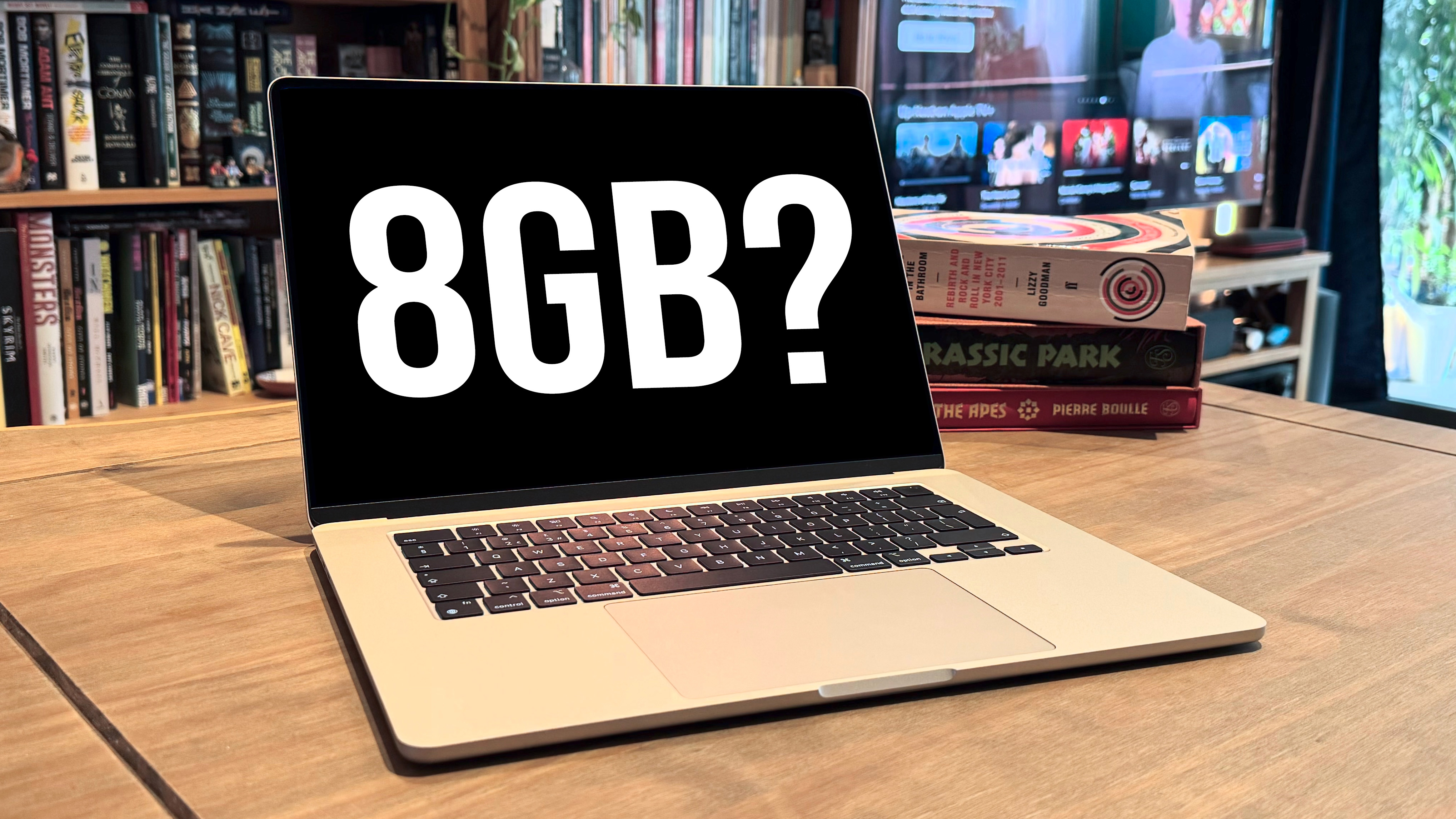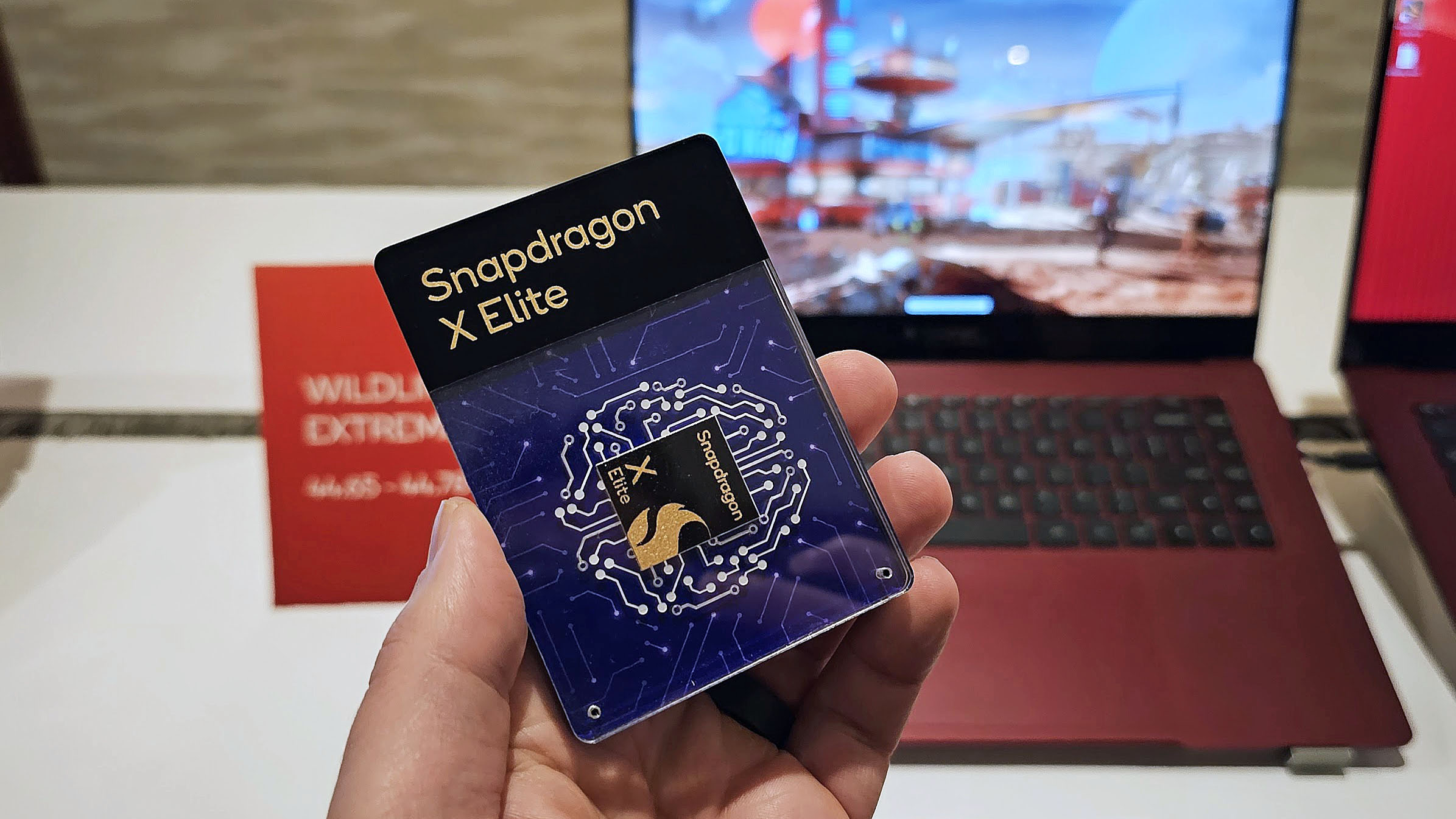
What you need to know
- Apple's M3 MacBook laptops start off at $1099, with 8GB RAM. Want more? It'll cost you $200 for every subsequent 8GB addition, and they can't be upgraded after the fact.
- Apple previously claimed that 8GB RAM on one of their laptops is equivalent to 16GB RAM in a Windows laptop, without providing a real technical explanation for the claim. As you might expect, that claim was debunked quite quickly.
- Now, Apple has defended its 8GB RAM standard again, with an argument that potentially undermines buying an Apple laptop in the first place.
Apple turned the laptop world on its head with the launch of its home-grown ARM-based silicon. The M2 and M3 laptops offer impressive performance in a cool, power-efficient chassis, complete with great battery life. However, in standard Apple fare, they aren't shy to nickel and dime their customers.
Apple's M3 laptops start with 8GB RAM as standard, which isn't exactly enticing by modern standards. The equivalently-priced Surface Pro 9 comes with 16GB, as well as a touch screen, an inking digitizer, and full-blown Windows by comparison. Various other Windows laptops in the same price range often also come with 16GB as standard, but can often be easily updated for as little as $40. Apple's 8GB RAM upgrades cost an inexplicable $200 apiece. 8GB of Corsair DDR6 SODIMM laptop RAM costs just $40 on Amazon. So, what excuses are Apple offering us here?
In an interview with IT Home (via 9to5 Mac), Apple says that most users don't need more than 8GB RAM, apparently. Apple marketing exec Evan Buyze claimed that most users only use their laptops for web browsing, media files and streaming, basic video and photo editing, and "casual gaming," too. If that's true, then why buy a $1000 Mac at all. You could save $400 buying an equivalent Surface Laptop Go 3 from Amazon, and perform all the above tasks just as easily. For basic stuff like the above, you could even go mad and buy a $300 HP laptop for web browsing, media and the like, and still have double the RAM capacity to boot.
Apple previously claimed that 8GB RAM in an Apple silicon laptop was equivalent to 16GB in a Windows laptop, while declining to offer any real proof to the claim. However, tech YouTuber Max Tech adeptly debunked the claim as marketing BS, as you might've expected. Perhaps the claim that 8GB RAM in a $1099 laptop that cannot be upgraded manually is "enough" is also marketing BS?
Apple could be about to lose the Arm processor crown anyway

Qualcomm's much-hyped Snapdragon X Elite is set to launch this summer, and are expected to be inside the upcoming consumer versions of the Surface Pro 10 line-up. Several PC manufacturers are on board the Snapdragon X Elite train, and early benchmarks are looking hot. The Snapdragon X Elite may even outperform Apple's highest-grade M3 Pro, while also being invariably more affordable (while also packing the superior Windows OS, of course). Some preliminary reports also suggest that Microsoft has massively improved Windows on Arm (often referred to as WoA), with more efficient emulation for x86 programs that haven't been ported natively. The hype is so real that even Google is on board, developing an Arm-native version of Chrome for PC.
RELATED: Best budget laptops under $500
Joking aside, Apple has been instrumental in bringing fresh competition to the laptop space. With Qualcomm also set to lose its exclusivity license for Windows-based applications of the Arm processor architecture this year, manufacturers like AMD and NVIDIA have also signalled interest in building chips on the structure. Arm processors are typically more power-efficient than x86 alternatives, offering cooler devices that also use less battery, while remaining sufficiently powerful. The downside is that Windows is designed for x86 architecture by default, with decades of legacy programs, games, and tools that need to be emulated to run on Arm. The processes for emulation have massively improved. Apple's own "Rosetta" translation method has generally led the industry in this space, with Microsoft playing catch up. However, from this summer, they may well and truly finally "catch up." And hey, maybe we'll get laptops that don't nickel and dime you out of 8GB extra RAM in the process.







